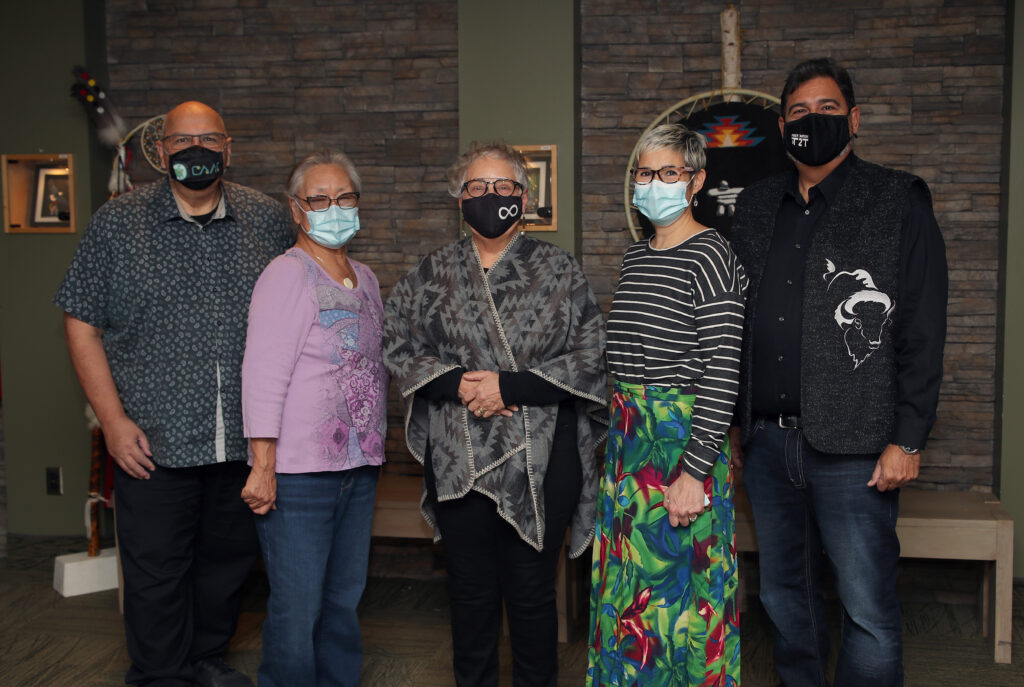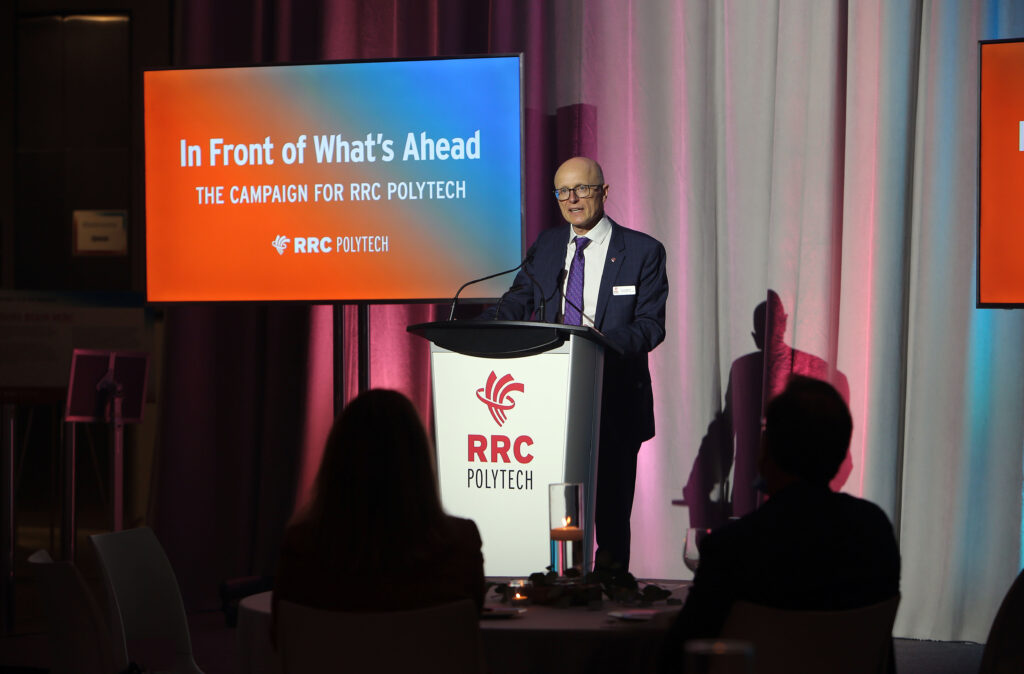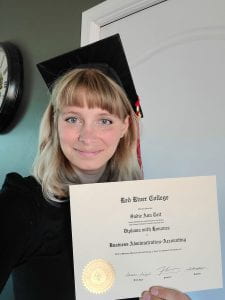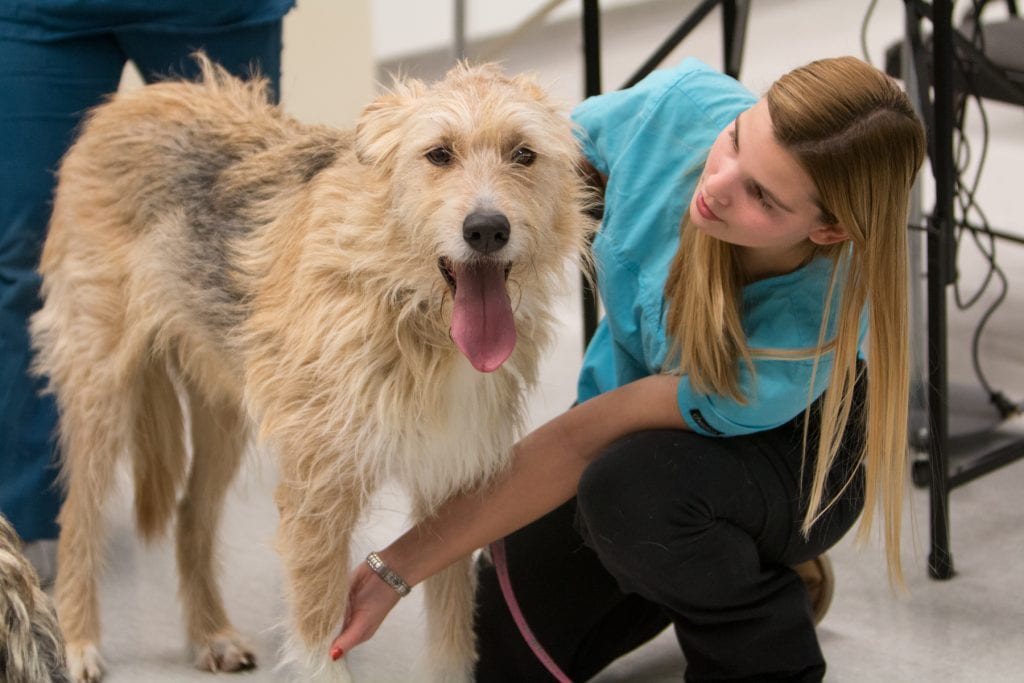RRC Polytech welcomes Knowledge Keepers Council to further Truth and Reconciliation commitments
Red River College Polytechnic is proud to welcome its first Knowledge Keepers Council.
Allen Sutherland, Barbara Bruce, Albert McLeod and Martha Peet will join Elders-in-Residence Paul Guimond and Una Swan to provide guidance and diverse Indigenous perspectives throughout RRC Polytech’s work to embed truth and reconciliation.
Earlier this fall, RRC Polytech released its 2022-2026 Strategic Plan, In Front of What’s Ahead. The second of the plan’s three commitments is to commit to Truth and Reconciliation by pursuing equity, diversity and inclusion in everything the College does.
“Our needs for consultation and engagement are expanding as we work towards advancing truth and reconciliation and embedding Indigenous perspectives across RRC Polytech. This is a vital piece of ensuring we are on the right track, that we are being intentional,” says Fred Meier, President and CEO, RRC Polytech.
“We are so fortunate to have such esteemed and respected Elders and Knowledge Keepers joining together to support strategic planning and execution across our organization, which will impact all areas, from academic programs and culturally appropriate supports to applied research, fostering relationships with Indigenous communities and businesses, and being a prominent workplace in Manitoba. I look forward to seeing this group strengthen the efforts outlined in our new Strategic Plan.”
The new Council will advise senior leadership on strategic initiatives as the College responds to the Truth and Reconciliation Commission of Canada’s 94 Calls to Action. The formation of the Council also aligns with the Commission’s principal number seven to support reconciliation between Indigenous and non-Indigenous peoples, which states the perspectives and understanding of Indigenous Elders and Traditional Knowledge Keepers of the ethics, concepts and practices of reconciliation are vital to long-term reconciliation.
“One of the most beautiful things about Indigenous cultures is that they are so diverse and there is an understanding of value and respect, despite different customs, traditions and languages,” says Carla Kematch, Director, Truth and Reconciliation at RRC Polytech.
“Within this Knowledge Keepers Council, we have individuals who are proud Cree, Inuit, Métis, Dakota, Oji-Cree, Ojibway and Two Spirit. It’s very inclusive, and each brings a lifetime’s worth of knowledge, teachings and experiences. We need to hear these voices as we move forward and make decisions. Read More →







 Red River College, in collaboration with the Manitoba Environmental Industries Association (MEIA), is the first post-secondary institution in the province to launch an
Red River College, in collaboration with the Manitoba Environmental Industries Association (MEIA), is the first post-secondary institution in the province to launch an 
 LAURA DYER: Business Administration – Marketing
LAURA DYER: Business Administration – Marketing SADIE TAIT: Business Administration – Accounting
SADIE TAIT: Business Administration – Accounting